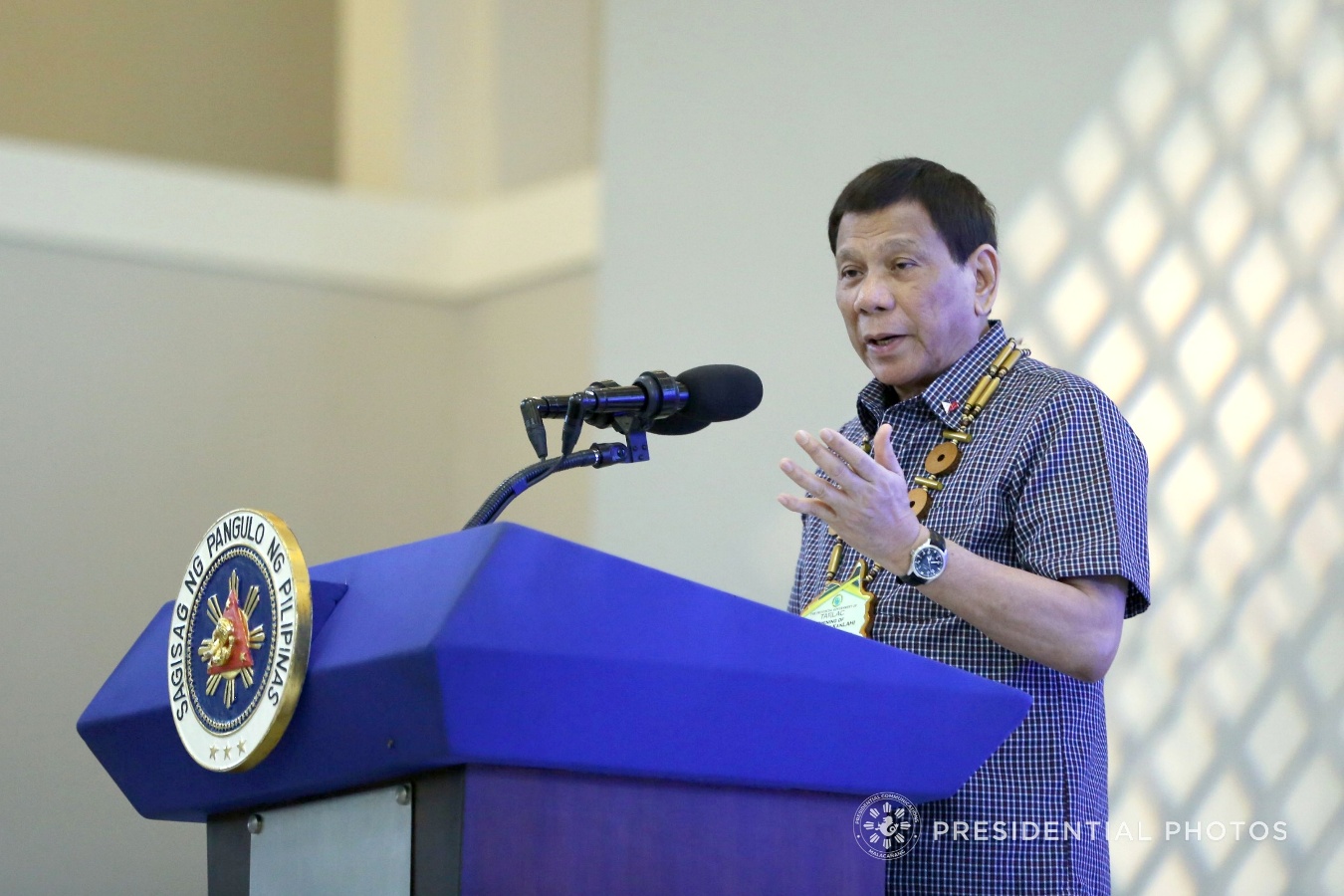
MANILA – President Rodrigo R. Duterte is not evading any “liability” with his decision to withdraw from the International Criminal Court (ICC), his spokesperson said.
Presidential Spokesperson Harry Roque said the fact that the ICC could still proceed with its preliminary examination despite the withdrawal meant that Duterte was not trying to evade liability.
“Gaya nga ng sinabi ng ICC mismo na pupuwedeng magtuloy ang imbestigasyon maski na tayo ay umalis sa tratado (As the ICC itself said, the investigation can continue even if we have withdrawn from the treaty),” Roque said in a radio interview.
Roque was referring to the Rome Statute, a treaty which created the ICC.
“Sa akin po ay the fact na pupuwedeng tumuloy iyan ay magpapakita na ang pag-alis natin ay sa kadahilanan, bukod pa doon sa umiiwas na pananagutan ng Presidente (So for me, the fact that it can proceed shows that the reason for our withdrawal is apart from evading liability),” he added.
Roque said the ICC had “no jurisdiction” over the President as the treaty is “not effective nor enforceable in the Philippines”.
Even assuming that ICC can have jurisdiction over him, Duterte has argued that the acts he allegedly committed do not fall under the enumerated grounds by which the ICC could assume jurisdiction.
“Ang sabi ng Presidente, walang hurisdiksyon ang hukuman sa kaniya. At iyan ang kaniyang magiging paninindigan hanggang siya ay mamatay (The President said the ICC has no jurisdiction over him and that is what he will stand for until the day he dies),” Roque said.
“Habang bukas at gumagana ang mga hukuman natin at mapapanagot ang mga mamamayan natin ay hinding hindi dapat mag-ehersisyo ng hurisdiksiyon ang ICC (As long as our courts here continue to operate, the ICC cannot exercise jurisdiction),” he added.
Roque, meanwhile, said the Palace is currently reviewing if the withdrawal of the ratification could take effect much earlier than one year after the date of receipt of the notification.
“Oo iyan ang nakasaad doon sa Rome Statute, isang taon. Pero pag-aaralan ko po iyan kasi nakasulat din diyan na pupuwedeng mas maaga (Yes, that’s what’s stated in the Rome Statute, one year. But we have to review that because it also says that it can happen much earlier),” Roque said.
Why tied to a year?
Roque questioned why the Philippines should be tied to one year when the country is not avoiding its obligations in the first place.
“Bakit naman tayo matatali sa isang taon? Tayo naman hindi naman tayo umaatras sa ating obligasyon (Why should we be tied to one year? We won’t be avoiding our obligations),” Roque said.
He said had the ICC respected the principle of complementarity, due process and the presumption of innocence, the President would not have decided to withdraw from the international organization.
“When the Philippine government made itself a signatory to the Rome Statute, it was on the assumption that the internationally accepted principles of justice in relation to our Constitutional requirement on due process will be upheld,” Duterte said in a statement earlier released by Chief Presidential Legal Counsel Salvador Panelo.
“As demonstrated above, the very considerations upon which the Philippines agreed to be a signatory to the Rome Statute have not been observed nor complied with hence the rescission of such agreement or the withdrawal of our country ratification of the Rome Statute is in order,” he added.